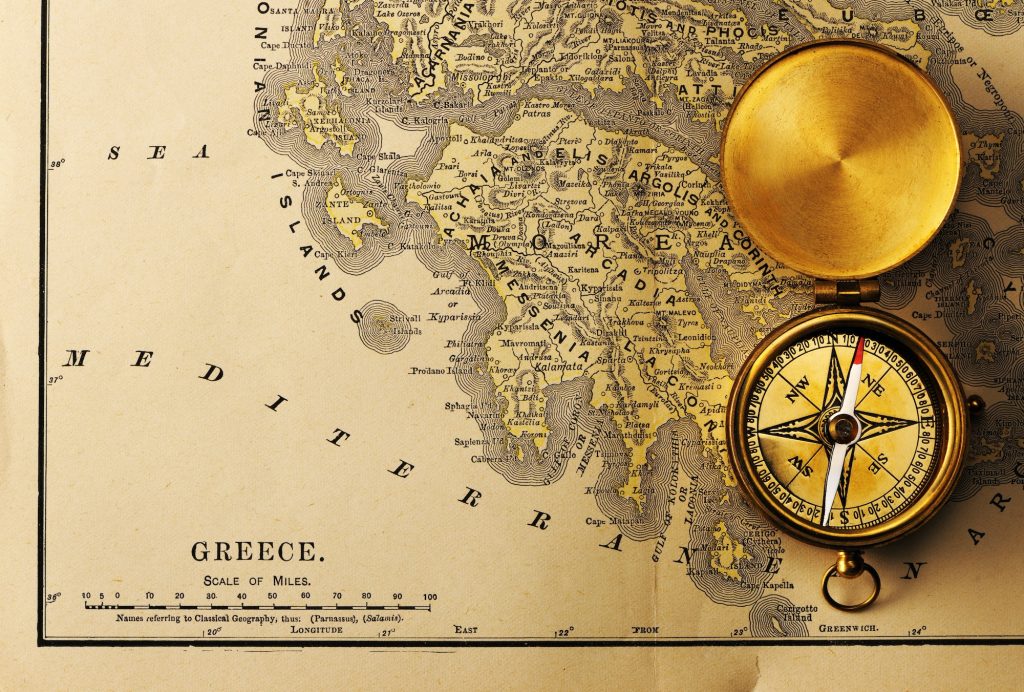
Protocol management refers to rules and guidelines governing social interactions and behavior in various contexts. It has evolved significantly over the centuries, adapting to changing societal norms, cultural practices, and political systems. From ancient civilizations to modern times, protocol management has played a crucial role in maintaining order, promoting diplomacy, and facilitating effective communication.
The origins of protocol management can be traced back to ancient civilizations such as Egypt, Mesopotamia, and China. Strict hierarchies were established in these societies, and protocols were developed to ensure smooth interactions between individuals of different ranks or social statuses. These protocols encompassed various aspects of life, including greetings, gift-giving rituals, dining etiquette, and even clothing choices. Failure to adhere to these protocols could result in severe consequences or even death.
Protocol management became more elaborate and refined as societies progressed into Europe’s Middle Ages and Renaissance periods. The royal courts of Europe were mainly known for their complex etiquette systems. These courts served as centers of power where monarchs held courtly ceremonies and received foreign dignitaries. Protocol manuals were created to guide individuals on proper behavior in courtly settings.
Protocol management developed further during the Age of Enlightenment in the 18th century, emphasizing rationality and reason. Etiquette books became popular among the upper classes as they sought guidance on appropriate behavior in various social situations. These books outlined rules for polite conversation, dress codes for different occasions, table manners, and other aspects of daily life.
The Industrial Revolution brought about significant societal changes that also impacted protocol management. As urbanization increased and social classes became more fluid, new forms of etiquette emerged to navigate these changing dynamics. For example, business etiquette became crucial as commercial activities expanded rapidly during this period.
In the 20th century, protocol management took on a new dimension with the rise of globalization and technological advancements. Diplomatic protocols became essential for international relations, ensuring that interactions between nations were conducted with respect and diplomacy. Established in 1945, the United Nations developed protocols for diplomatic negotiations and international conferences.
Today, protocol management continues to evolve in response to the changing needs of our interconnected world. With the advent of digital communication and social media, new challenges have emerged in maintaining proper etiquette online. Additionally, cultural diversity and inclusivity have become essential considerations in protocol management as societies become more multicultural.
The evolution and development of protocol management over the centuries reflect the changing dynamics of society. From ancient to modern times, protocols have been created to guide social interactions and maintain order. As organizations progress and adapt to new technologies and cultural practices, protocol management will facilitate effective communication and promote harmony among individuals from diverse backgrounds.
